 An engineering journal has retracted three 2016 papers. The reason: They had been cited too often.
An engineering journal has retracted three 2016 papers. The reason: They had been cited too often.
Although the reason for the retractions may sound odd, the editor, Minvydas Ragulskis, told Retraction Watch he was concerned an author had engaged in citation manipulation. Specifically, Ragulskis explained that the majority of the citations came from papers at a 2017 conference on which one of the authors, Magd Abdel Wahab, was chair—raising suspicion that he had asked conference presenters to cite his work.
Almost three-quarters of papers that cited Wahab’s work originated from the conference, which “is large enough to assume a high probability for citation manipulation,” Ragulskis said. (Wahab, Professor and Chair of Applied Mechanics at Ghent University in Belgium, was not a co-author on the conference papers that cited his work.)
Continue reading Three papers retracted… for being cited too frequently
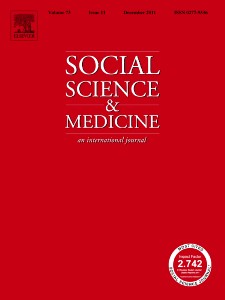


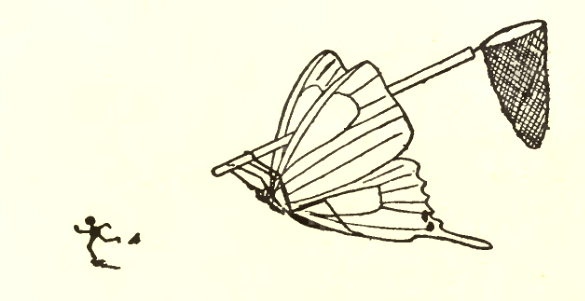 Title:
Title:  A journal has retracted a
A journal has retracted a 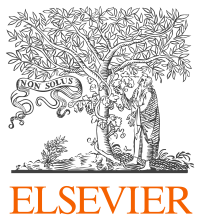 A researcher whose
A researcher whose 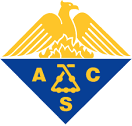
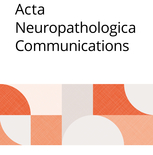
 An emergency medicine journal has retracted a letter to the editor, saying it didn’t include the author’s relevant commercial interest—which the author says he tried to disclose when he submitted the paper.
An emergency medicine journal has retracted a letter to the editor, saying it didn’t include the author’s relevant commercial interest—which the author says he tried to disclose when he submitted the paper.